Човек може да си състави доста точна представа за това какво е правил Исус в детството и юношеството си.
May His Memory Be for a Blessing

The recent death of author and Nobel laureate Elie Wiesel reminds us that we are living at a time when the survivors of the Holocaust are becoming fewer. The eyewitnesses to the horrors of the Nazi extermination program have done all they can do to entrust the memory and the responsibility of what happened to the next generations. How will we handle this awesome responsibility?
Jesus’ Attitude Toward the Samaritans
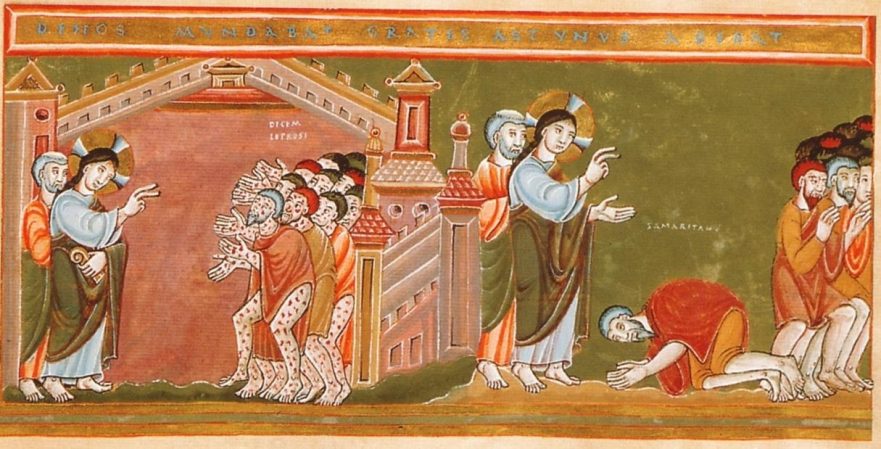
It is always our duty to ask ourselves whether the kind of speech we voice and the kind of rhetoric we listen to engenders respect for our neighbor, no matter how different she or he might be from ourselves, or whether it is sowing the seeds of hatred and violence.
Character Profile: Jacob ben Aaron—A Samaritan High Priest
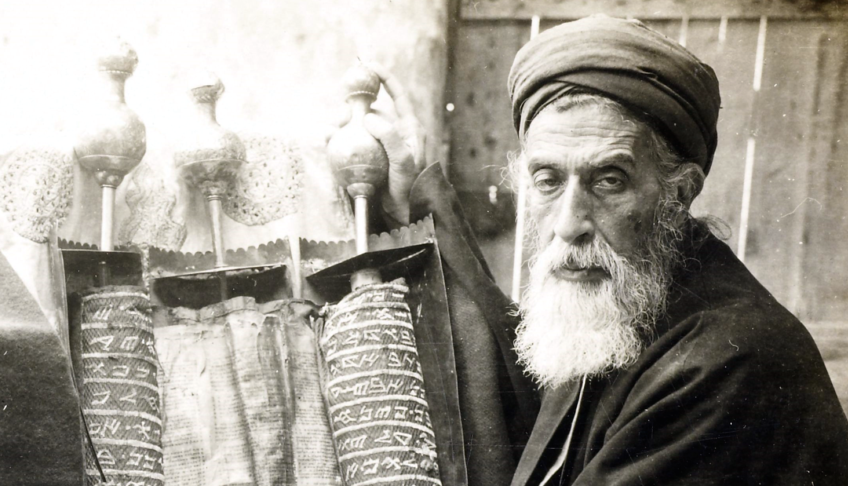
Jacob ben Aaron ben Shelamah was the Samaritan high priest from 1861 until his death in 1916. Jacob ben Aaron was not only the spiritual leader of his people, he also represented the Samaritans to Western scholars who, in the late nineteenth century, had begun to take an interest in the history and customs of the Samaritan people.
Character Profile: Rabban Gamliel the Elder
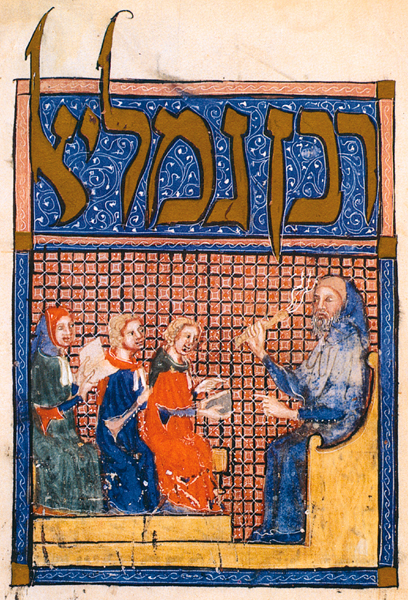
The ancient Jewish sage Rabban Gamliel is mentioned not only in rabbinic literature, but also twice in the New Testament. Marc Turnage introduces us to this important figure in the history of Judaism and Christianity.
William Lockton, Robert Lindsey’s Forerunner
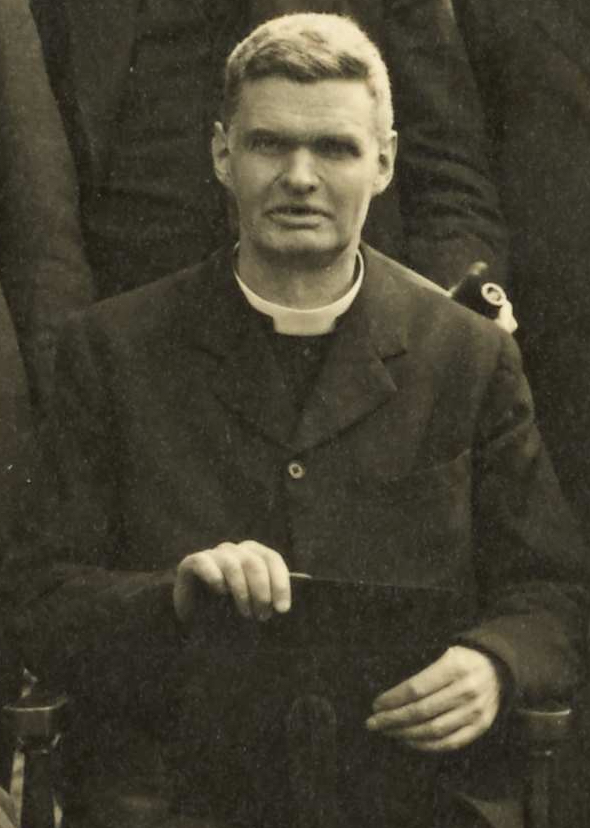
In 1922 William Lockton wrote an article for The Church Quarterly Review that challenged the foundations of accepted synoptic theory by positing that Luke was the earliest of the Synoptic Gospels.
The Recently Discovered Pool of Siloam
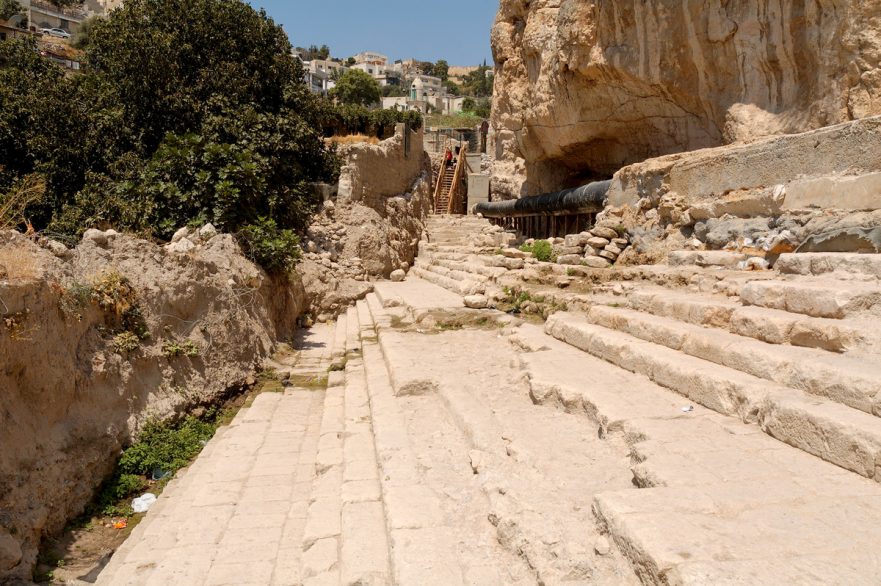
In this free sample lecture from the 2006 Jerusalem Perspective Conference, archaeologist and JP contributor Ronny Reich discusses the excavation of the first-century remains of the pool of Siloam discovered in Jerusalem. The complete collection of presentations delivered at the 2006 Jerusalem Perspective Conference is available through the En-Gedi Resource Center.
Character Profile: Pontius Pilate
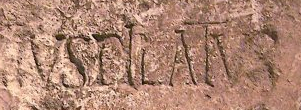
In this video Marc Turnage reexamines Pilate’s character based on ancient literary sources, including the New Testament, and archaeological finds.
Character Profile: Joseph Caiaphas
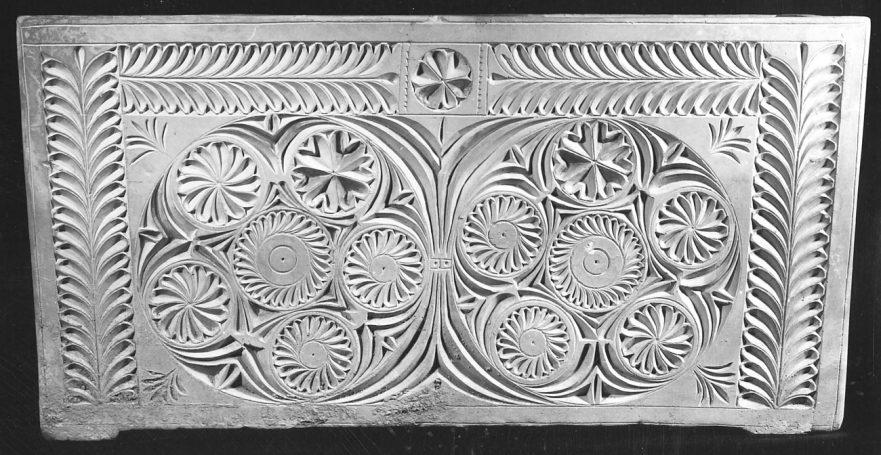
The high priest Joseph Caiaphas is known not only from the New Testament Gospels as the high priest who opposed Jesus and his early followers, but also from Josephus the Jewish historian who lived in the first century C.E. In this video Marc Turnage provides an historical sketch of this pivotal character.
Windows into the Bible (3): Ancient Oil Lamps
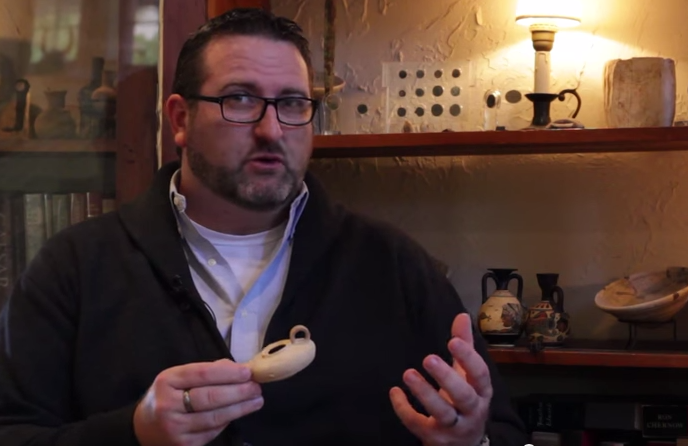
In this video Marc Turnage demonstrates what ancient oil lamps can teach us about Jewish culture in the Galilee and Judea in the time of Jesus.
Windows into the Bible (2): First-century Coins
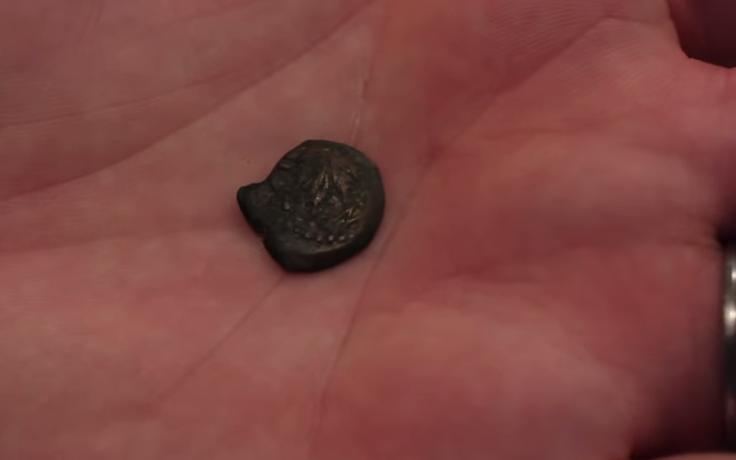
In this video Marc Turnage discusses what we can learn about first-century Jewish history by studying ancient coins.
Herod’s Tomb, Ehud Netzer and a Case of Mistaken Identity
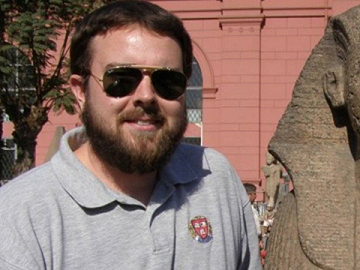
The Herodium is a great place to bring people who are exploring the Holy Land for the first time. I always felt that the site spoke eloquently to visitors of both the brilliance and madness of Herod the Great.
Windows into the Bible (1): Four Artifacts
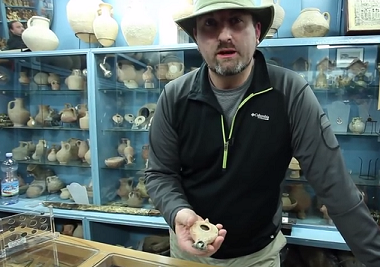
Jerusalem School member Marc Turnage uses four archaeological artifacts to peer into the world of Jesus and the Gospels in this video.
Myth of the Pagan Origins of Christianity
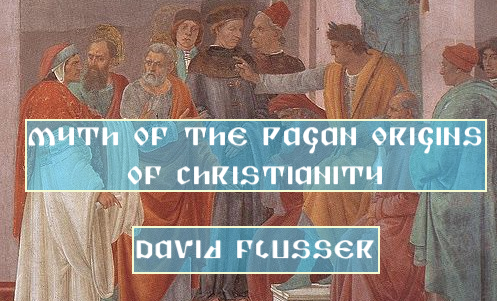
The artificial constructions of scholars who once sought to build a bridge directly from Hellenism to Christianity are being dismantled, both because of greater knowledge of the Greek world and due to more intensive study of ancient Jewish and Christian thought.
Jesus’ Place in First-century Judaism and His Influence on Christian Doctrine

The main aims of this contribution are, first, to show what Jesus’ place was among the various trends of the Judaism of his time and, second, to estimate the impact on Christianity of his teachings and of his life and death.
Unintentional Anti-Semitism in the Church
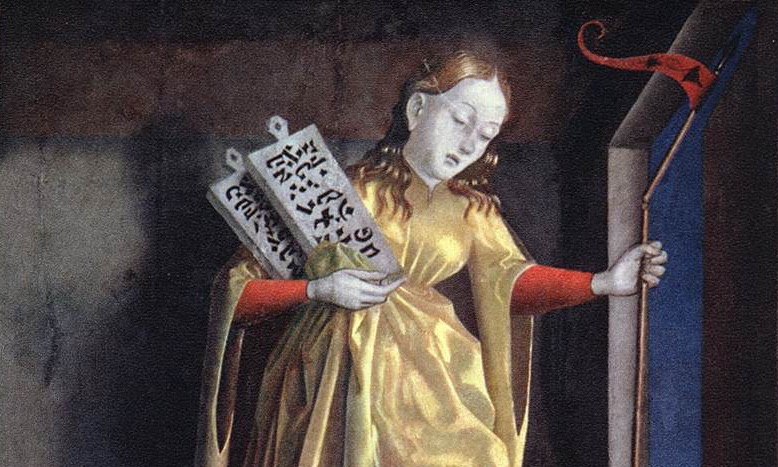
I heard an all too familiar theme surface in an otherwise good sermon with regard to the recognition and acceptance of Jesus as Messiah: “The Jews just missed it!” Sadly, this affront by categorization also shows a total lack of recognition of the role of Jews in the early church and in their making the message of salvation through Yeshua (Jesus) available to non-Jews. It is as if Yeshua appears on the scene, is rejected by the Jews, but is welcomed with open arms by the non-Jews.
The Value of Rabbinic Literature as an Historical Source
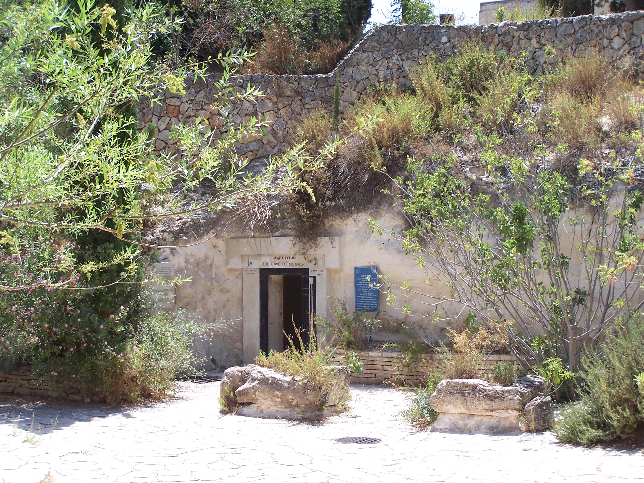
The thesis of this article is that rabbinic sources, when used in a careful manner, can provide reliable historical material pertaining to the Second Temple period. If this thesis is accepted, the consequences for the study of the New Testament Gospels are obvious.
Links with Tabernacles and Hanukkah in the Gospel Accounts of Palm Sunday
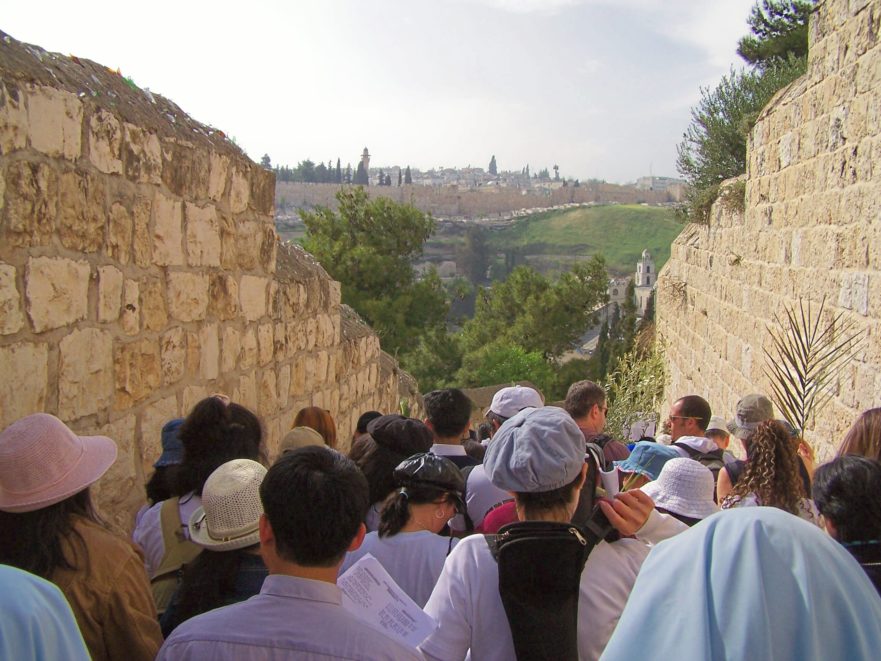
The Gospel writers wished their readers to be reminded of Hanukkah when they read the account of Palm Sunday.

